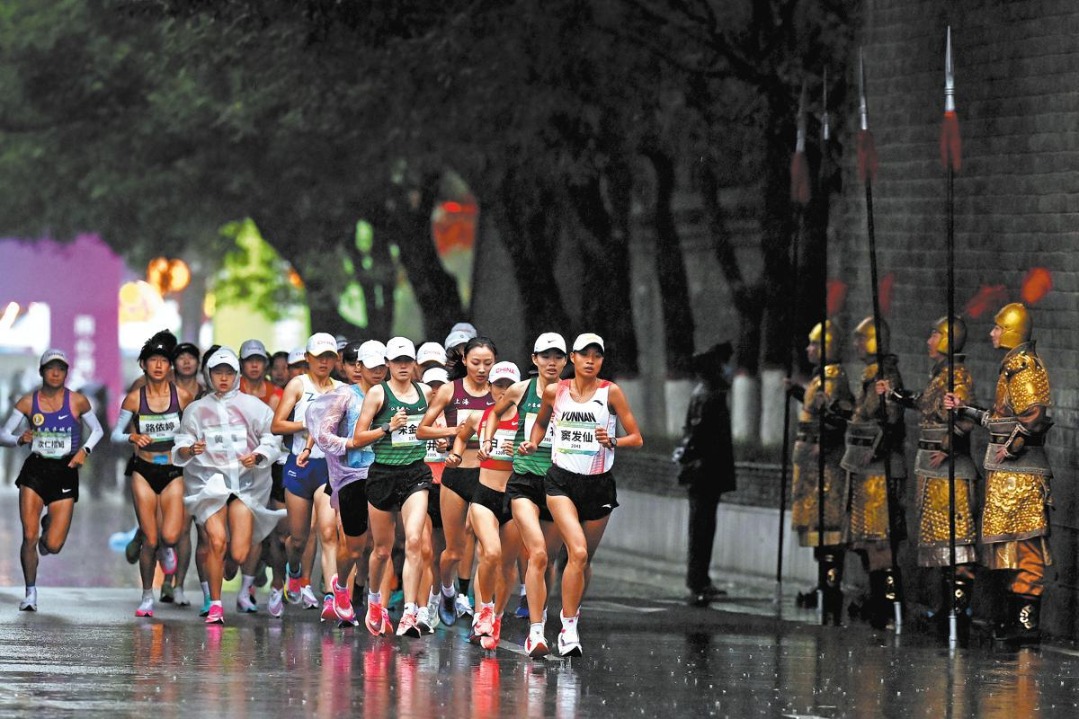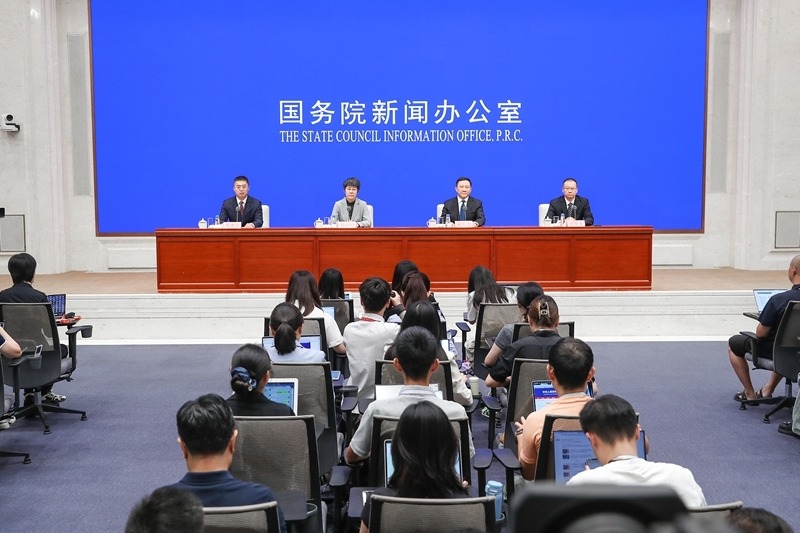Hubei to accelerate work, production resumption as outbreak eases

Central China's Hubei, the province hardest-stricken by the COVID-19 pandemic on the Chinese mainland, will accelerate work and production resumption as the outbreak continues to ease, a top local official said on Wednesday.
The province will adopt region-specific, risk-based and targeted measures in resuming work and production and enterprises have been classified into four categories of priorities given in work resumption, said Cao Guangjing, vice-governor of Hubei.
Enterprises that provide daily necessities to citizens, such as offering electricity, gas, oil, water and food, as well as enterprises with great impact on the global supply chain will been given top priority in work resumption, he said at a news conference.
Financial, insurance and other enterprises in major industries come second in work resumption, while local industrial and farming enterprises, construction, legal accounting and software enterprises come next, he said.
Businesses that gather crowds, such as movie theaters, bookstore, bars and gyms, will be the last to resume work and they cannot start operations before the epidemic is over, he added.
Cao also stressed that unreasonable restrictions that hinder the resumption of work should be lifted to enable more people to return to work.
The province reported zero new suspected cases of the novel coronavirus disease for two consecutive days, the provincial health commission said Wednesday.
The number of existing suspected cases has been reduced to zero as well, after ruling out three suspected cases on Tuesday.
As of Tuesday, Hubei had seen no newly confirmed COVID-19 cases for 13 consecutive days in its 16 cities and prefectures outside Wuhan.
- China boosts judicial shield for innovators
- Educational, leisure tours prove popular
- Robot-themed restaurant wows visitors
- New Impatiens species found in Southwest China
- Gansu takes emergency steps to safeguard dams, reservoirs
- Beijing's Miyun relocation shelters offer a safe and supportive environment





































